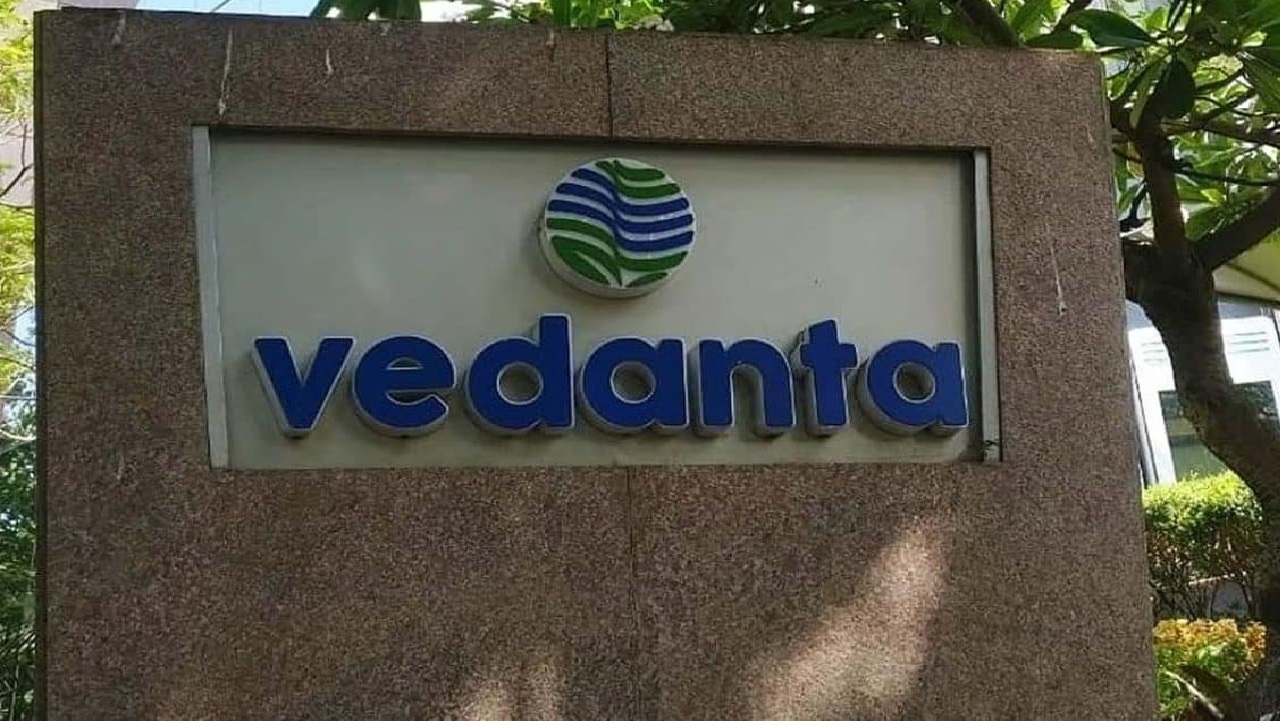Environmental Watchdog Slaps Penalty for Alleged Violation of Fly Ash Norms
The Odisha State Pollution Control Board (OSPCB) has imposed an environmental compensation of ₹71.1 crore on Hindustan Zinc Ltd, a subsidiary of the Vedanta Group, for allegedly dumping fly ash without the requisite authorisation. The notice, dated April 10, 2025, has been issued under the Fly Ash Notification of the Ministry of Environment, Forest and Climate Change (MoEFCC).
Fly Ash and Its Environmental Risks
Fly ash is the residual fine particulate matter generated from coal combustion in thermal power plants. If not managed properly, it becomes a major pollutant—contaminating soil and water, damaging vegetation, and posing health risks such as respiratory and skin disorders.
Recognising these hazards, both the MoEFCC and the National Green Tribunal (NGT) have mandated strict protocols for its safe disposal, reuse, and storage. The penalty levied on Hindustan Zinc reflects increasing vigilance by environmental authorities in enforcing these regulations amidst growing industrial activity in Odisha.
Vedanta Refutes Allegations, Prepares Legal Response
In its regulatory filing with the Bombay Stock Exchange (BSE), Vedanta acknowledged receipt of the demand notice amounting to ₹71,16,53,320 but categorically denied the allegations. The company claimed that the order failed to properly assess its track record of environmental compliance and previous submissions made to authorities.
“The issue pertains to allegations of unauthorised disposal of fly ash. The company intends to pursue appropriate legal remedies and is hopeful of a favourable outcome,” Vedanta stated in its filing.
Vedanta further clarified that the delay in public disclosure was due to internal fact-checking and review processes. It asserted that the penalty is not expected to have any material financial impact on the company’s overall performance.
A Regulatory Setback Amidst Major Expansion Plans
The environmental penalty coincides with Vedanta’s aggressive expansion in Odisha. In March 2024, the company secured approval for a ₹40,991 crore greenfield aluminium smelter project in Rayagada district, expected to generate over 7,200 jobs. This is part of a broader ₹91,528 crore investment strategy in the state, including a massive alumina refinery aimed at enhancing Vedanta’s capacity and local employment.
Despite the regulatory action, these expansion projects are reportedly moving ahead as scheduled, underlining the group’s commitment to Odisha as a core industrial hub.
A Balancing Act Between Industry and Environment
This incident underscores the delicate balance between industrial development and environmental stewardship. While Vedanta’s contributions to Odisha’s economy through employment and infrastructure are substantial, incidents like these spotlights the urgent need for sustainable industrial practices.
Fly ash, if not responsibly managed, can seep into groundwater, blanket farmland, and even cause respiratory issues among nearby populations. Odisha, with its rising industrial footprint, remains especially vulnerable to environmental missteps.
What’s Next?
Legal experts expect the matter to move to the National Green Tribunal (NGT) or higher judicial fora, where both sides will present their arguments. Environmental activists have called for greater transparency and third-party audits to monitor compliance by major industries, especially those involved in thermal power and metallurgy.
Meanwhile, the State Pollution Control Board maintains that the compensation figure was calculated based on established guidelines and the extent of the alleged unauthorised disposal. No public statement has yet been made by the Board regarding the timeline for further legal proceedings.
About Vedanta Resources
Vedanta Ltd, a subsidiary of Vedanta Resources Ltd, is one of the world’s leading natural resources conglomerates, with operations across India, Africa, and parts of East Asia. Its key business sectors include zinc, silver, copper, aluminium, iron ore, oil & gas, and power generation.
With its strong footprint in Odisha and other mineral-rich states, Vedanta’s operations often walk the tightrope between aggressive industrial growth and environmental accountability.
The ₹71 crore fine against Hindustan Zinc Ltd serves as a reminder that environmental compliance is no longer a checkbox—it is a critical element of industrial legitimacy. As Vedanta gears up for an ambitious expansion, how it addresses this legal challenge and strengthens its environmental governance will set the tone for future industrial-environmental relations in India.
(With inputs from agencies)








